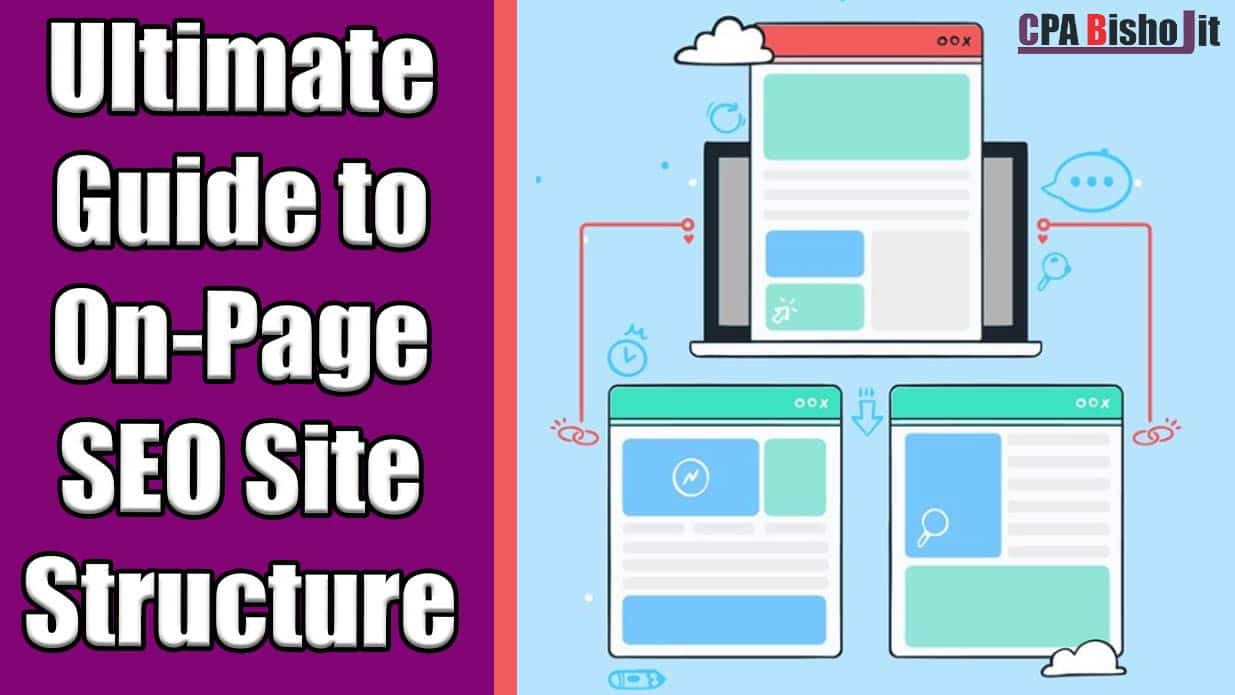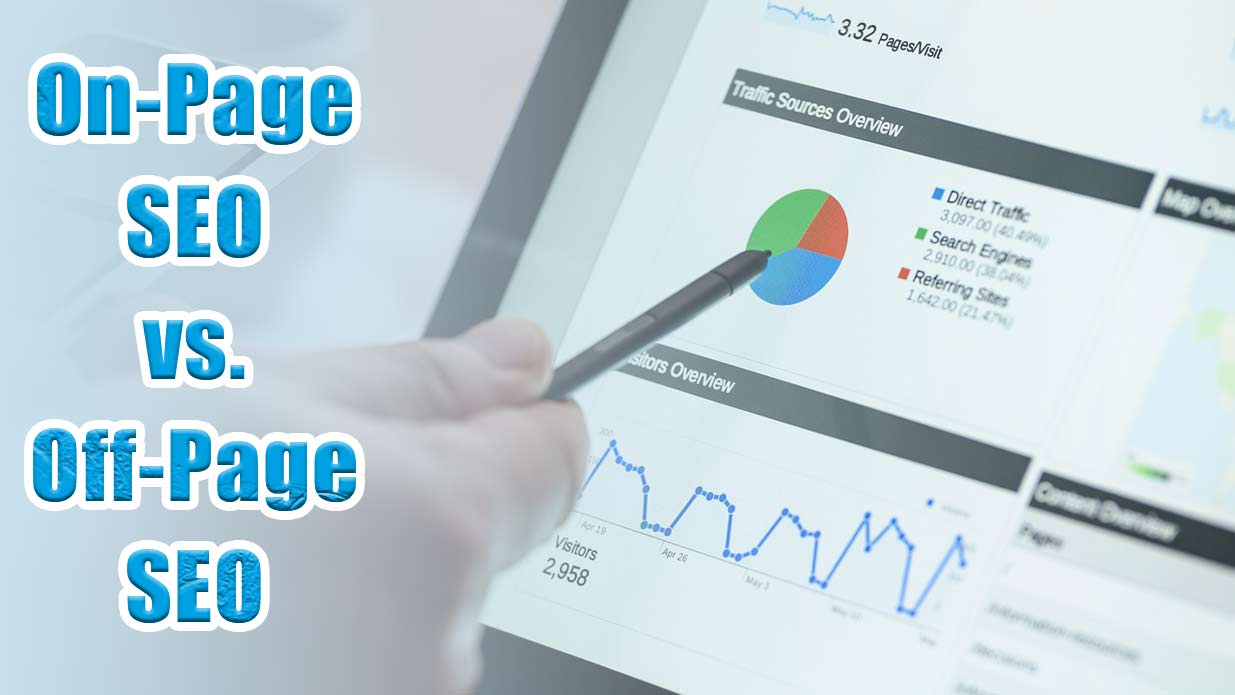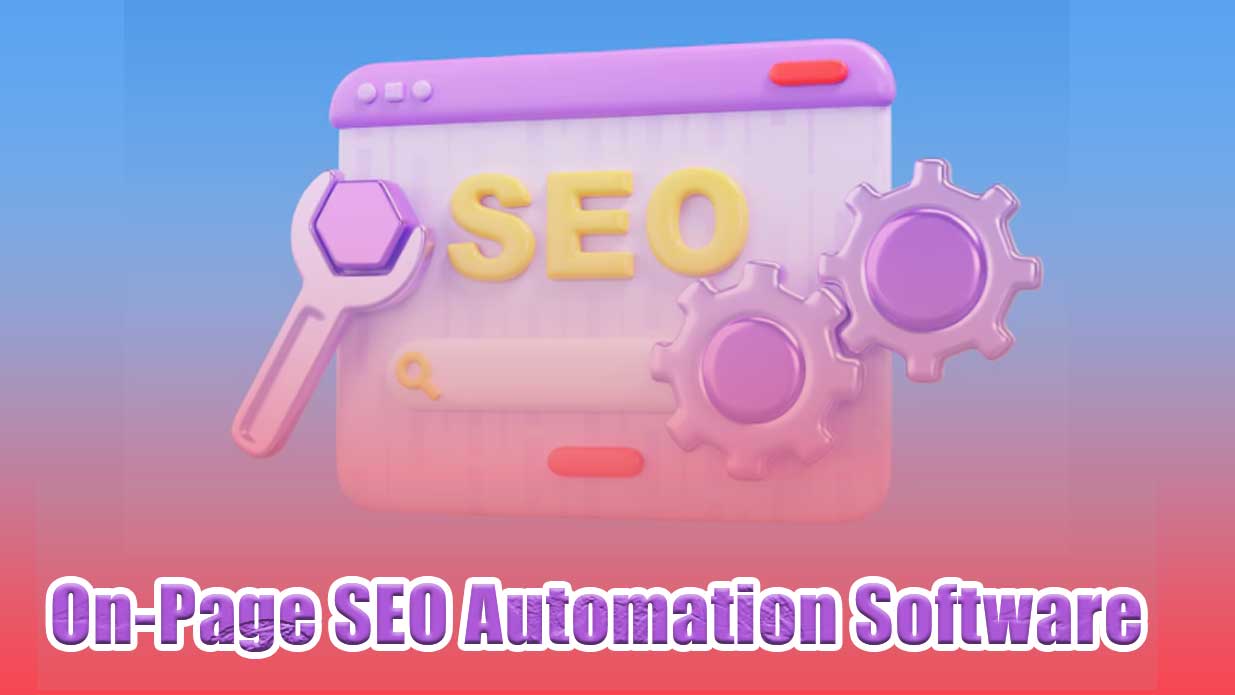Top 10 On-page SEO Strategies for Podcast Websites in 2024
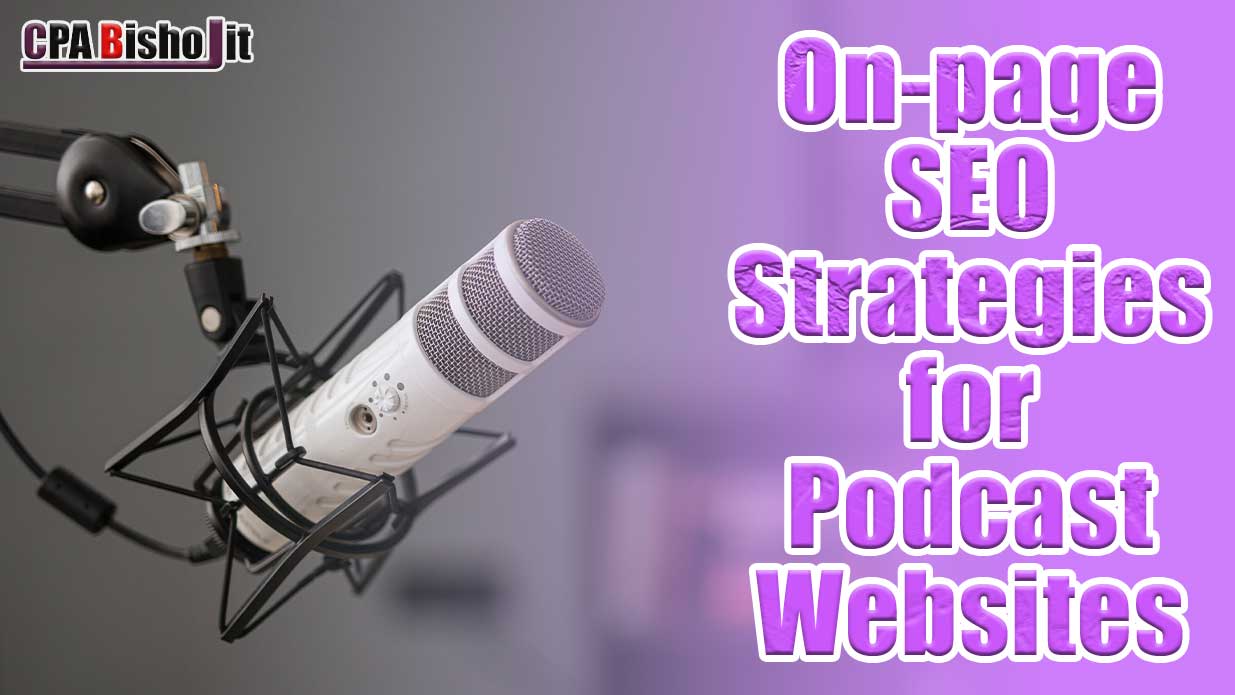
Podcasts are everywhere these days, and competition is fierce. Whether you’re just starting out or looking to grow your audience, getting your podcast noticed is no easy feat. That's where on-page SEO comes into play. For podcast websites, nailing your on-page SEO isn't just about boosting your rankings—it's about getting your content in front of the right ears at the right time.
In this post, we're diving into the top 10 on-page SEO strategies that can help your podcast website shine in 2024. From optimizing episode titles to ensuring your site is mobile-friendly, these tips will give you the edge you need to attract more listeners and keep them coming back for more. Let's get started!
What is On-page SEO for Podcast Websites?
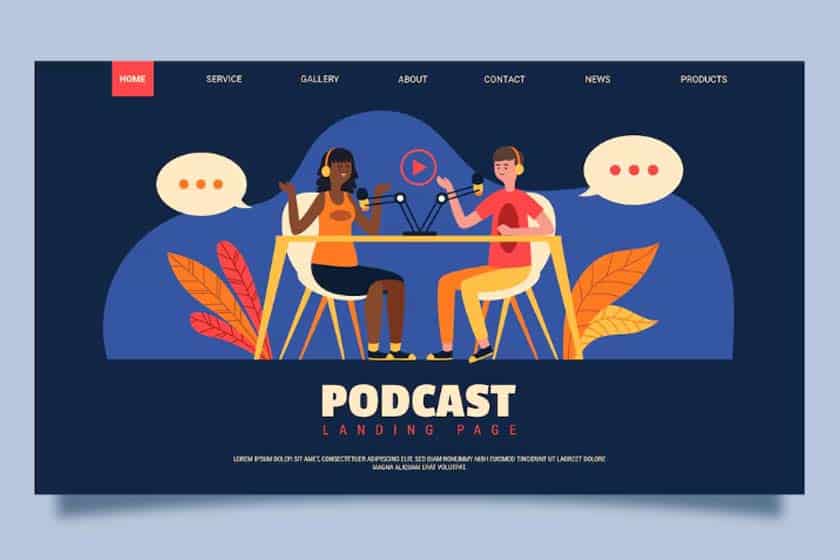
On-page SEO for podcast websites is all about optimizing the content and elements within your website to make it more appealing to search engines and, ultimately, to your target audience. It involves tweaking various aspects like titles, descriptions, URLs, and even the structure of your pages to ensure they’re aligned with what search engines look for when ranking sites.
For podcast websites, this means going beyond just uploading episodes. You need to create an environment where each episode is easily discoverable, your site loads quickly, and your content is structured in a way that’s not only search-engine-friendly but also user-friendly. Essentially, on-page SEO helps bridge the gap between your podcast and potential listeners by making your content easier to find and more engaging once they land on your site.
Ready to dive into the specifics? Let’s break down the top 10 strategies that will help your podcast website climb the ranks and get noticed in 2024.
Top 10 On-page SEO Strategies for Podcast Websites
When it comes to boosting your podcast’s visibility, on-page SEO is your secret weapon. By fine-tuning the elements on your website, you not only make your content more discoverable to search engines but also more appealing to your audience.
The following strategies are designed to help your podcast rise above the noise and connect with the right listeners. Let’s dive into the top on-page SEO tactics you should be using right now.
1. Optimize Podcast Episode Titles with Strategic Keywords

Your episode titles aren’t just headlines—they’re powerful tools for getting your podcast noticed. To make the most out of them, you need to incorporate strategic keywords that resonate with your target audience. Think of keywords as the bridge between what people are searching for and your content.
For instance, if your podcast covers digital marketing trends, a title like “Understanding the Latest Digital Marketing Trends in 2024” is far more likely to draw in curious listeners than something generic like “Marketing Episode 5.” Integrating relevant keywords, you ensure that your episodes are not only intriguing but also optimized for search engines.
2. Write Compelling and Keyword-Rich Episode Descriptions
Once your title grabs attention, the episode description seals the deal. This is where you provide a snapshot of what listeners can expect, while subtly weaving in your targeted keywords. Imagine your podcast is about financial planning; a description like “In this episode, we explore essential financial planning strategies for 2024, including budgeting, investing, and saving tips for a secure future” is both informative and SEO-friendly.
It not only tells potential listeners why they should tune in but also helps search engines understand and rank your content better. Remember, the key is to strike a balance between being informative for your audience and effective for SEO.
3. Create Detailed Show Notes and Transcripts
Show notes and transcripts are the unsung heroes of podcast SEO. They offer your audience a written version of what you’ve covered, making it easier for search engines to index your content. The more detailed and relevant these notes are, the better your chances of ranking well.
Start by summarizing key points from each episode in your show notes, linking to resources mentioned, and including timestamps for easy navigation. Transcripts, on the other hand, are a word-for-word version of your podcast. They not only improve accessibility for hearing-impaired listeners but also give you a goldmine of content rich in keywords. For example, if your podcast covers tech reviews, your transcript could capture phrases like “best smartphones of 2024” or “top tech gadgets,” which are valuable for SEO.
4. Optimize Podcast Website URLs and Meta Tags
Your URLs and meta tags might seem like small details, but they play a big role in how your podcast is discovered online. Clean, descriptive URLs help both search engines and users understand the content of your page at a glance. For example, a URL like yourpodcastsite.com/episodes/best-digital-marketing-tips-2024 is far more effective than a generic one like yourpodcastsite.com/episode123.
Meta tags, including title tags and meta descriptions, are your chance to make a great first impression in search results. Your title tag should be concise and keyword-rich, reflecting the main topic of the page. Meanwhile, the meta description should be a brief, compelling summary that encourages clicks. Think of it as the elevator pitch for your podcast—short, sweet, and to the point, while also containing your focus keyword.
5. Implement Proper Header Tags (H1, H2, H3) Structure
A well-structured podcast website isn’t just visually appealing—it’s also a magnet for search engines. Header tags (H1, H2, H3) help organize your content, making it easier for both users and search engines to navigate.
The H1 tag is your main headline and should be reserved for the most important topic on the page, usually the title of the page or post. Your H2 tags should then break down the major sections of your content, like key topics or themes discussed in your podcast episode. H3 tags dive even deeper, organizing subtopics or individual points within each section. This hierarchy not only improves readability but also signals to search engines what your content is about, increasing your chances of ranking for relevant keywords.
6. Leverage Internal Linking to Boost SEO
Internal linking is like creating a web of connections across your site, guiding both visitors and search engines through your content. By linking to related episodes, blog posts, or resource pages within your site, you keep users engaged and on your website longer. This reduces bounce rates and increases the time spent on your site—two factors that search engines love.
For example, if you have a podcast episode about “Social Media Marketing Trends,” you could link to other episodes or articles on your site that discuss related topics like “Content Creation Tips” or “Instagram Growth Strategies.” These links not only provide additional value to your listeners but also help search engines understand the relationship between different pieces of content on your site, boosting your SEO efforts.
7. Optimize Images and Multimedia for Faster Loading Times
When it comes to podcast websites, speed is essential. A slow-loading site can frustrate visitors, driving them away before they even hit play on your latest episode. One of the biggest culprits of sluggish load times is unoptimized images and multimedia.
To keep your website zipping along, ensure all images are compressed without sacrificing quality. Tools like TinyPNG or ImageOptim can reduce file sizes significantly. Also, use the appropriate file formats—JPEG for photos, PNG for graphics with transparent backgrounds, and WebP for a good balance between quality and size. Don’t forget about your podcast audio files; host them on a dedicated podcast hosting service rather than directly on your website to prevent bogging down your load times.
8. Use Schema Markup for Podcasts
Schema markup is like a secret language you can use to communicate directly with search engines, telling them exactly what your content is about. For podcasts, schema markup can enhance your search engine listings by displaying rich snippets, like episode lists, ratings, and even play buttons directly in search results.
By adding podcast-specific schema markup to your website, you can make it easier for search engines to index your content and present it attractively to potential listeners. This extra layer of information helps improve your visibility in search results and increases the likelihood that someone will click through to your site and hit play.
9. Build a Mobile-Friendly Podcast Website
In a world where most people browse the web on their phones, having a mobile-friendly podcast website isn’t just a nice-to-have—it’s a must. A site that looks great and functions smoothly on mobile devices can make all the difference in how listeners interact with your content. If your site is clunky or difficult to navigate on a smartphone, visitors are likely to bounce before they even give your podcast a chance.
To ensure your website is mobile-friendly, focus on a responsive design that automatically adjusts to different screen sizes. Keep your navigation simple, and make sure buttons and links are easy to tap with a finger. Also, prioritize fast loading times by optimizing your images and minimizing the use of heavy scripts that can slow things down.
10. Encourage User Engagement and Social Sharing
Engagement is the heartbeat of any thriving online community, and your podcast website should be no exception. The more you encourage listeners to interact with your content, the more likely they are to stick around and become loyal fans. Plus, engaged users are more likely to share your podcast with others, helping you reach a broader audience.
To boost engagement, consider adding features like a comment section or a forum where listeners can discuss episodes and share their thoughts. Incorporate social sharing buttons on each episode page, making it easy for visitors to spread the word about your podcast on platforms like Twitter, Facebook, and Instagram. You could also run contests or polls that encourage listeners to participate actively, giving them a reason to keep coming back to your site.
Why On-page SEO Matters for Podcast Websites
On-page SEO is the backbone of your podcast’s online visibility. When done right, it helps search engines understand what your content is about, making it easier for potential listeners to find you. Without proper on-page SEO, your podcast could get lost in the vast sea of content out there, no matter how great your episodes are.
For podcast websites, on-page SEO is especially crucial because it directly impacts how your show appears in search results. With optimized titles, descriptions, and content, you’re more likely to rank higher for relevant keywords, attract organic traffic, and convert casual browsers into loyal listeners. Plus, well-structured on-page SEO enhances the user experience, making it easier for visitors to navigate your site and find the episodes they’re interested in.
Common SEO Mistakes to Avoid in Podcast Websites
Even with the best intentions, it’s easy to slip up when optimizing your podcast website. Avoiding these common SEO mistakes can save you a lot of headaches down the road:
- Ignoring Mobile Optimization: With so many users accessing content on their phones, neglecting mobile optimization can hurt your rankings and user experience.
- Overlooking Keyword Research: Failing to research and use the right keywords can make it difficult for search engines to connect your content with the right audience.
- Duplicate Content: Reusing the same content across multiple pages confuses search engines and can lead to lower rankings.
- Neglecting Image Alt Text: Forgetting to add descriptive alt text to your images can make your site less accessible and harm your SEO.
- Not Using Analytics: Without tracking your site’s performance, it’s hard to know what’s working and what needs improvement.
Conclusion
Nailing your on-page SEO can be the game-changer your podcast needs. Did you know that 75% of users never scroll past the first page of search results? That’s why optimizing your episode titles, using strategic keywords, and enhancing your site’s load speed are crucial steps. These small tweaks can significantly boost your visibility and help you stand out in a crowded market.
By regularly refining your on-page SEO, you're not just improving search rankings—you’re making it easier for new listeners to find and enjoy your content. So, keep these strategies in play, and watch as your podcast climbs the charts and reaches a broader audience.





